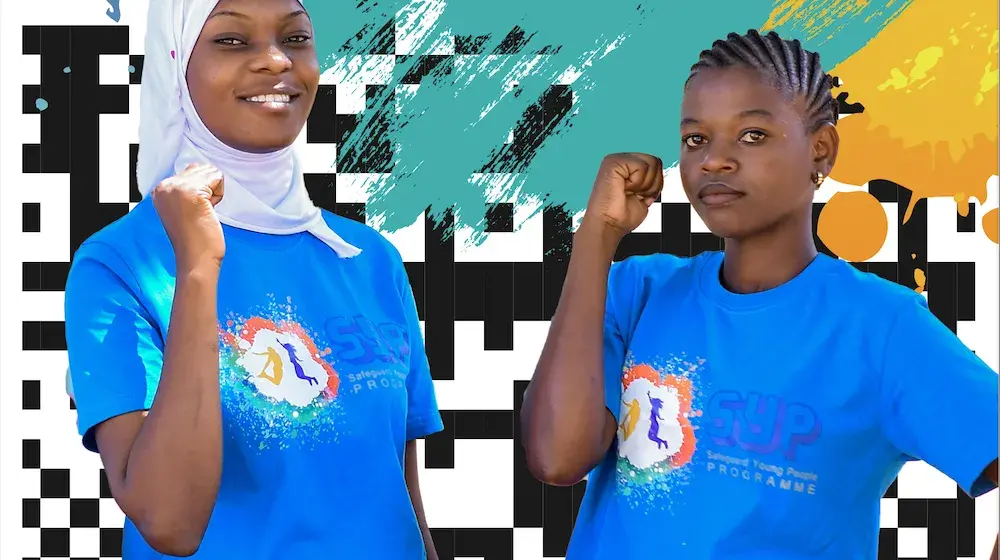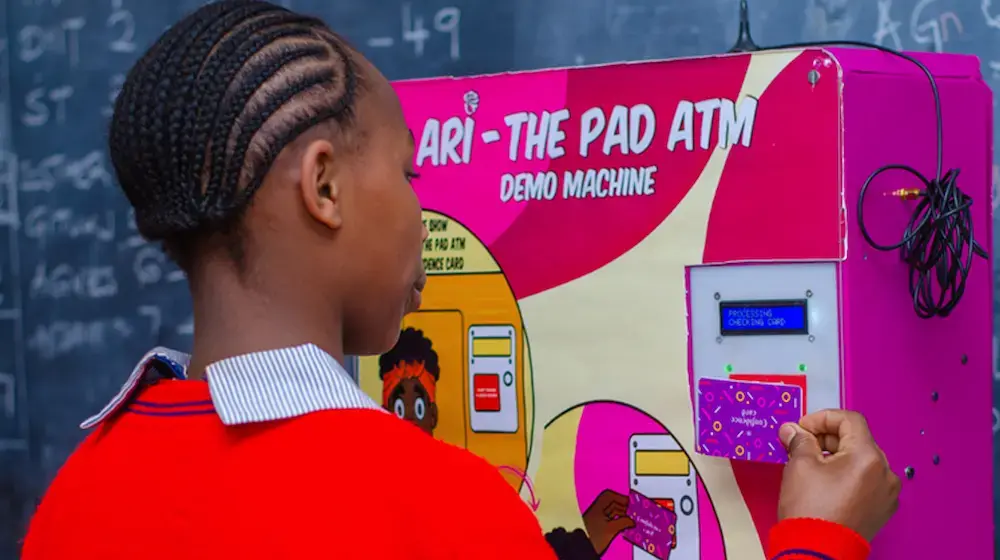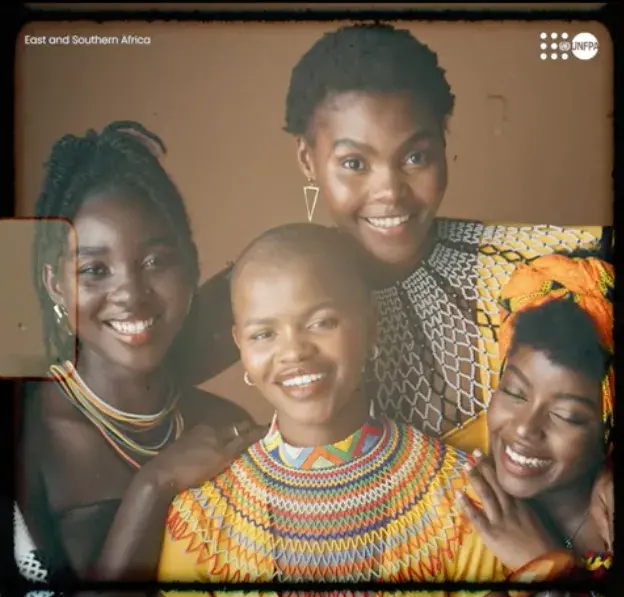Blog by Dr. Bannet Ndyanabangi, Regional Director a.i.
From resisting violence against women and girls, to advocating for climate action, to asserting the rights of a girl and a woman to decide what happens to her body—the unrelenting power of today’s girls and young women to stand up for their rights and harness technology to project the future they want is evident.
But not all girls can vocalise or assert their rights. Especially not the one in three girls in East and Southern Africa silenced and diminished by child marriage. The same girl is also likely to get pregnant early, resulting in pregnancy-related complications – the leading cause of death among adolescents aged 15 to 19 years.
Child marriage has been holding girls back for too long. When I was a physician in Uganda in the 1990s, I saw young girls go through traumatic childbirths. Obstructed labour led to injuries such as fistulae, ruptured uteruses and deaths – of babies, and frequently of mothers. I saw young girls take care of babies, and it was a heart-breaking sight to see children taking care of children.
Child marriage is a perfect yet dark storm that can snuff out the light of a girl’s future. Her health, education, safety, and her future are in peril.
It has been several decades since then, and technology has evolved. Where are we now? This year, on International Day of the Girl, we celebrate girls in the digital generation. By the same token, we call for an end to harmful practices that hinder girls’ progress and rob them of the freedom to explore our increasingly connected world and the opportunity to change the trajectory of their communities and countries as change-makers, innovators, and leaders.
The current pandemic and multiple humanitarian emergencies in East and Southern Africa have upended the lives of children and families. Adolescent girls have felt this turbulence acutely. Disrupted learning, limited employment opportunities and heightened poverty due to COVID-19 have put an additional 10 million girls at greater risk of early marriage.
We must act swiftly to stop these marriages. Ending child marriage is a vital and urgent measure to realise the aspirations of the African Union's Agenda 2063 and for attaining the Sustainable Development Goals by 2030.
Combating child marriage and bringing it down to zero cannot happen without critical investments in digital technology and access. With our reliance on virtual solutions escalating during the COVID-19 pandemic, we have seen how digital connectivity opens new opportunities to stream the voices of girls, particularly those from remote locations.
Shifting to virtual connections and programming allows us to explore multiple ways to use technology and innovation as accelerators of girls’ bodily autonomy. Through social media, apps and SMS technology, we can provide young people and their wider communities with life-saving information and help to change social norms and attitudes.
In Mozambique, Uganda and Ethiopia, the UNFPA-UNICEF Global Programme to End Child Marriage in East and Southern Africa has successfully used digital tools to reach millions of young people with information on child marriage, GBV and COVID-19. Young people also exchange ideas and receive support through social media, text messages and helplines.
On this International Day of the Girl, let us work together to find innovative ways to protect girls’ rights and invest in the empowerment of women and girls. Let us also celebrate young people who harness the power of digital technologies to place a spotlight on those left behind and use their skills to build a better future for all.





